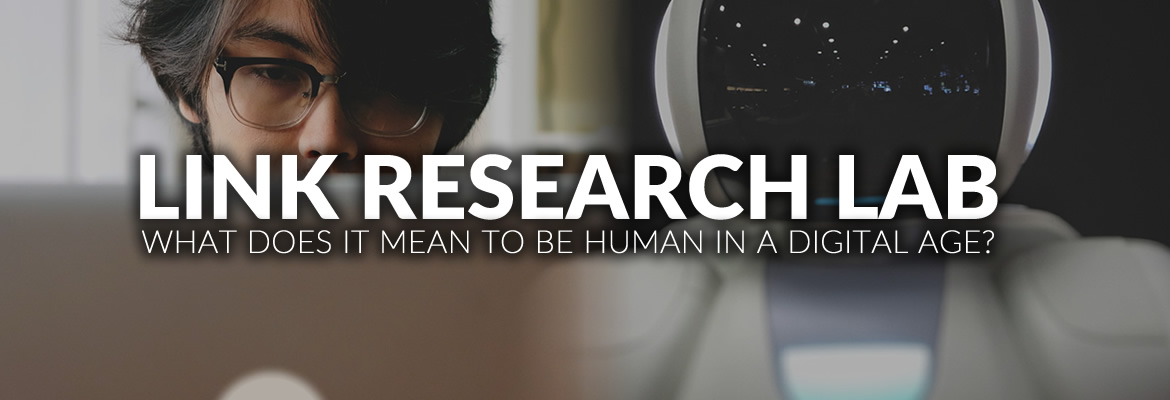 Dr. Nia Dowell
Dr. Nia Dowell
School of Information & Digital Innovation Greenhouse,
University of Michigan
www.niadowell.com
I am a postdoctoral research fellow in the School of Information and Digital Innovation Greenhouse at the University of Michigan. I completed my PhD at the Institute for Intelligent Systems in the University of Memphis under the advisement of Professor Arthur Graesser. My primary interests are in cognitive psychology, discourse processing, group interaction dynamics, and learning sciences. In general, my research focuses on using language and discourse to uncover the dynamics of socially significant, cognitive, and affective processes. I am currently applying computational techniques to model discourse and social dynamics in a variety of environments including small group computer-mediated collaborative learning environments, collaborative design networks, and massive open online courses (MOOCs). My research has also extended beyond the educational and learning sciences spaces and highlighted the practical applications of computational discourse science in the clinical, political and social sciences areas.
On January 24, from 12:00 until 1:00 pm (Central Time), in the LINK Lab (Rm 246 in Nedderman Hall)
Dr. Dowell delivered the following public presentation:
Title: Group communication analysis: A computational linguistics approach for detecting sociocognitive roles in multi-party interactions
Abstract:
Abstract: The learning sciences field is in need of new automated methodological approaches that offer deeper insights into the dynamics of learner interactions and discourse across online platforms. This talk will present results from recent work that uses language and discourse to capture sociocognitive dynamics during multi-party interactions. I will introduce Group Communication Analysis (GCA), a methodology for quantifying and characterizing the discourse between learners in online interactions, and detecting emergent learner roles. Commonly used approaches derive insight into the learning processes from aggregated text or structural data. In contrast, GCA makes use of linguistic cohesion analysis across sequences of learners’ interactions in multi-party communication. GCA calculates six inter- and intra-personal sociocognitive measures of such interactions, and from these identifies distinct interaction profiles through a cluster analysis. The GCA was applied to several collaborative learning datasets. Cluster analysis, predictive, and hierarchical linear mixed-effects modeling were used to assess the validity of the GCA approach, and practical influence of learner roles on student and overall group performance. The results indicate that learners’ patterns in linguistic coordination and cohesion are representative of the roles that individuals play in collaborative discussions. More broadly, GCA provides a framework for researchers to explore the micro intra- and inter-personal patterns associated with the participants’ roles and the sociocognitive processes related to successful interaction.

